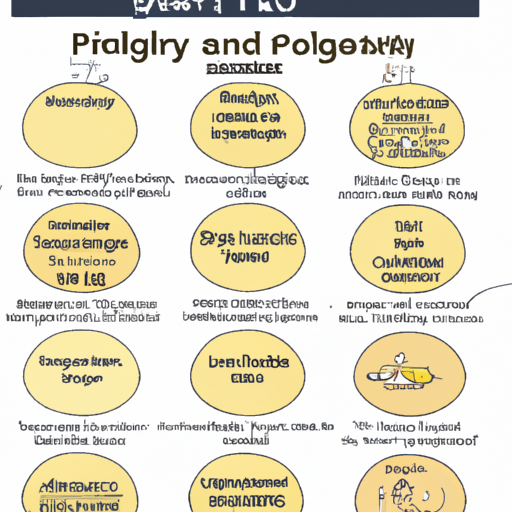As a caregiver, it’s your responsibility to ensure that the ones you’re caring for, including your furry friends, are eating not only what they love, but also what is safe for them. This guide is designed to help you identify foods that could potentially cause an allergic reaction in dogs.
1. What Are Food Allergies in Dogs?
Food allergies in dogs are not as common as you might think, making up only about 10% of all allergies in dogs. However, they can cause a lot of discomforts. When a dog has a food allergy, their immune system mistakenly identifies a particular food as harmful and reacts to it. Symptoms can range from chronic ear inflammation, gastrointestinal problems, and chronic diarrhea to chronic gas, licking their feet, or an itchy rear end.
2. Common Foods That Cause Allergies in Dogs
While any food can cause an adverse reaction, some are more likely than others. Here are the usual culprits:
- Proteins, particularly from:
- Beef
- Dairy
- Wheat
- Chicken
- Egg
- Lamb
- Soy
- Grains and gluten
- Artificial additives
3. How to Identify a Food Allergy
The only surefire way to diagnose a food allergy is through a food elimination diet. This involves removing all sources of the suspected allergen from your dog’s diet and then reintroducing them one at a time to see which one causes a reaction. This should be done under the supervision of a vet.
4. What to Do If Your Dog Has a Food Allergy
If your dog has a food allergy, it’s crucial to avoid the triggering food. This might mean a change in diet. There are many excellent hypoallergenic dog foods available that can help alleviate symptoms. When changing your dog’s diet, remember to do it gradually to avoid upsetting their stomach.
5. Preventing Food Allergies in Dogs
Prevention is always better than cure. To prevent food allergies in dogs:
- Feed them a balanced diet with high-quality ingredients.
- Avoid feeding them table scraps.
- Limit their exposure to potential allergens.
Frequently Asked Questions
Q: Can a dog suddenly develop a food allergy?
A: Yes, a dog can develop a food allergy at any time in their life.
Q: Are food allergies and food intolerance the same thing?
A: No, food intolerance is a digestive problem, whereas a food allergy involves an immune response.
Q: How long does it take for a food allergy to show in dogs?
A: Symptoms can appear anywhere from a few hours to a few days after ingestion.
Q: Can food allergies in dogs be cured?
A: While there’s no cure, food allergies can be managed through a carefully controlled diet.
Remember, you know your dog better than anyone. If you notice any changes in their behavior, skin, coat, or overall health, it’s always best to seek advice from your vet.



